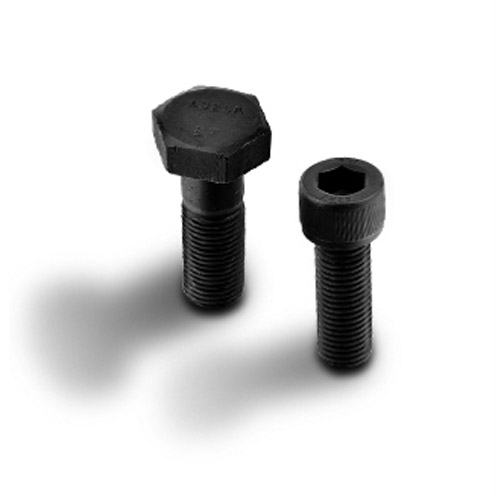bulk fuel hose
Sep . 28, 2024 13:16 Back to list
bulk fuel hose
Understanding Bulk Fuel Hose Essential Components for Safe Fuel Transport
In industries that deal with fuel distribution and transportation, the importance of using the right equipment cannot be overstated. Among these, bulk fuel hoses play a crucial role in ensuring safe and efficient operations. Bulk fuel hoses are specially designed to handle the transportation of a variety of fuels, including gasoline, diesel, and biofuels, and understanding their features, uses, and maintenance is essential for anyone involved in fuel handling.
Bulk fuel hoses are typically constructed from durable materials such as rubber, thermoplastic, or a combination of both. These materials not only provide flexibility and strength but also offer resistance to fuel permeation, UV rays, and harsh environmental conditions. This durability is crucial for maintaining the integrity of the hose, as any deterioration can lead to leaks or ruptures, posing significant safety hazards.
One of the key features of bulk fuel hoses is their ability to withstand high pressures
. Fuel transportation often involves high flow rates, necessitating hoses that can handle the stress without failing. Most bulk fuel hoses are rated for specific pressure levels, which must be adhered to in order to avoid potential accidents. Additionally, hoses must comply with industry standards and regulations, such as those set by the American Petroleum Institute (API) or the Underwriters Laboratories (UL), ensuring they are dependable for commercial use.bulk fuel hose

Proper selection of bulk fuel hoses is critical and should be based on various factors, including the type of fuel being transported, the temperature range, and the operational environment. Different fuels have distinct chemical properties, which can affect the compatibility of the hose material. For example, diesel fuel may require a different type of hose compared to gasoline to prevent degradation over time.
Maintenance is another vital aspect of using bulk fuel hoses. Regular inspections are necessary to identify signs of wear and tear, such as cracks, abrasions, or bulges. It is recommended to establish a routine maintenance schedule that includes checking fittings and connections for leaks. Any damaged hoses should be replaced immediately to prevent accidents and ensure the safety of personnel and equipment.
In conclusion, bulk fuel hoses are indispensable components in the fuel transportation industry, designed to handle the rigors of high-demand environments. By understanding their construction, proper selection, and maintenance, operators can significantly mitigate risks associated with fuel handling. With ongoing advancements in hose technology and materials, the safety and efficiency of fuel transport will continue to improve, reinforcing the critical importance of these essential tools in modern industry.
